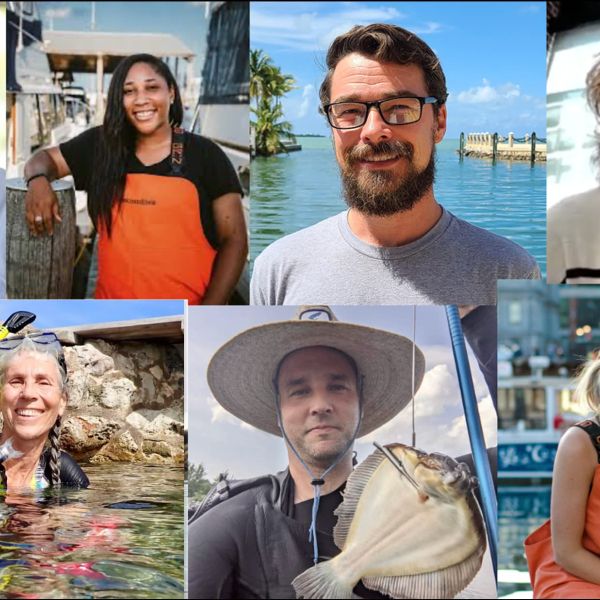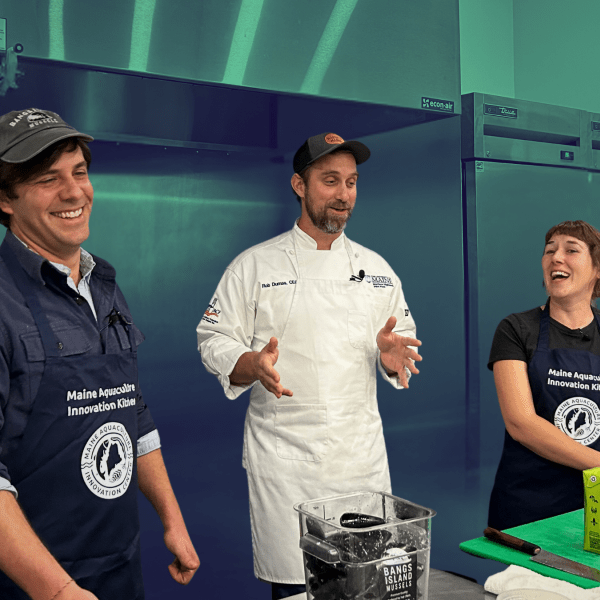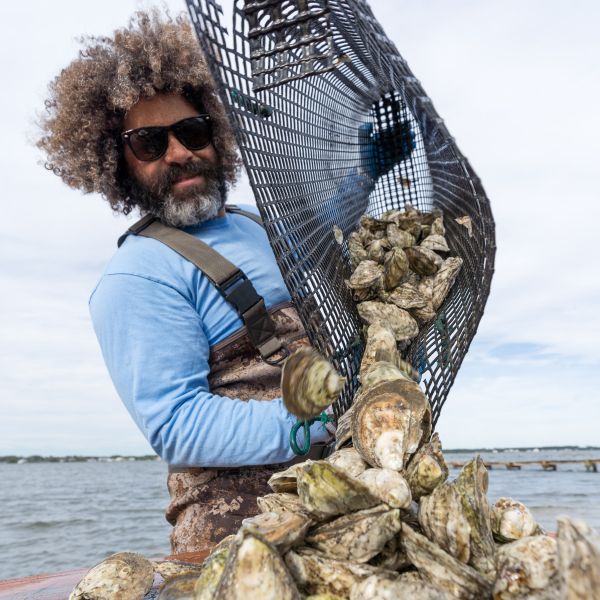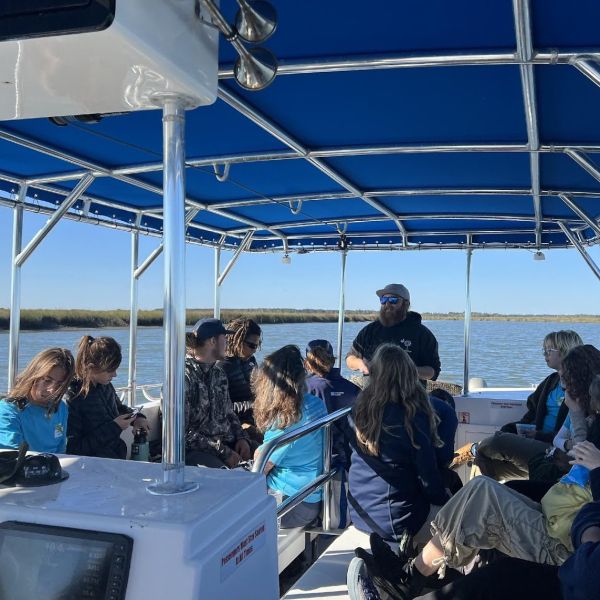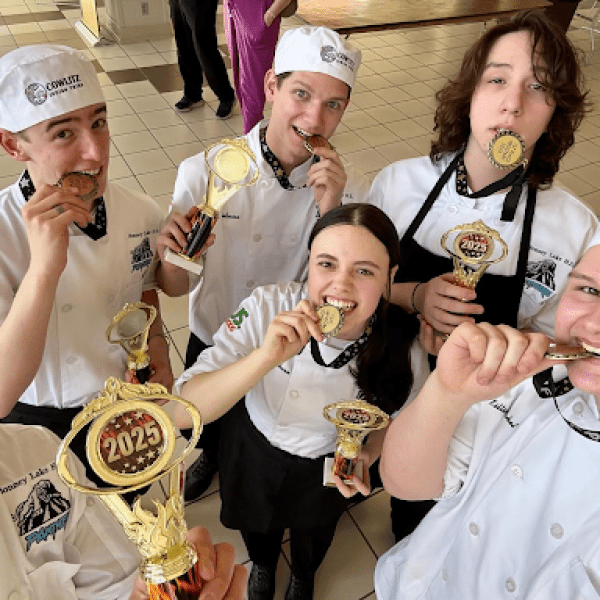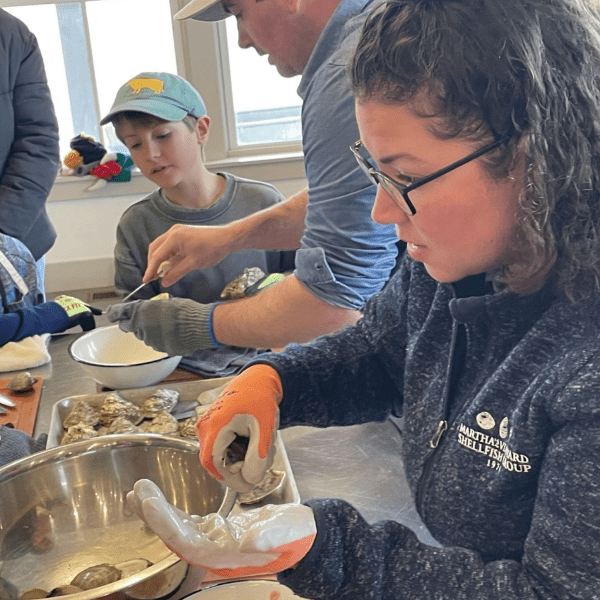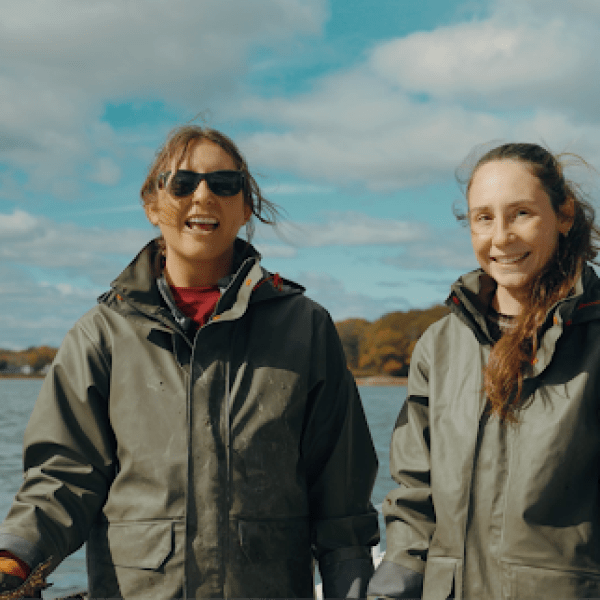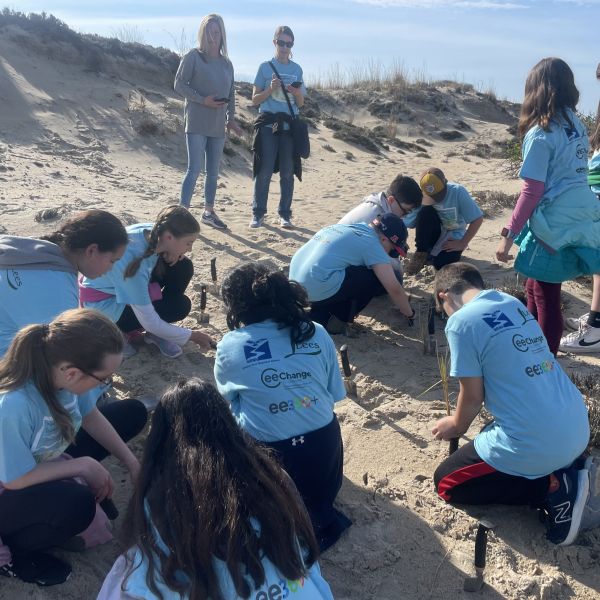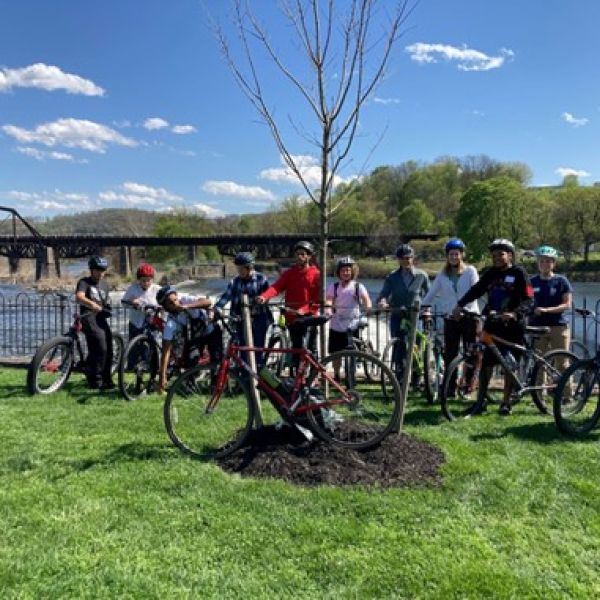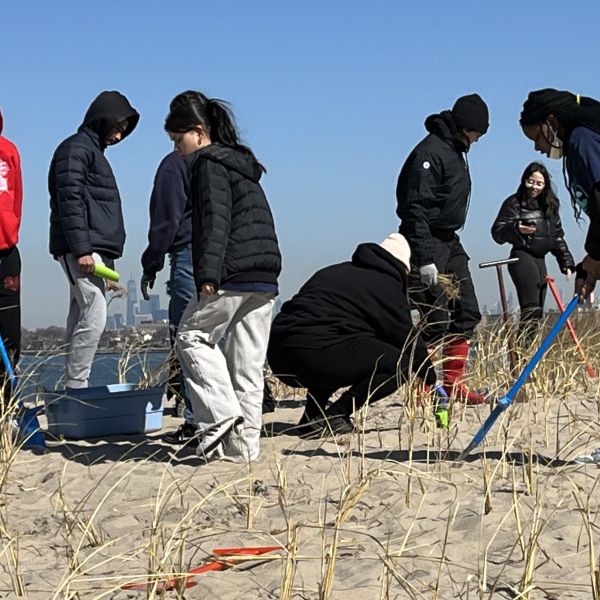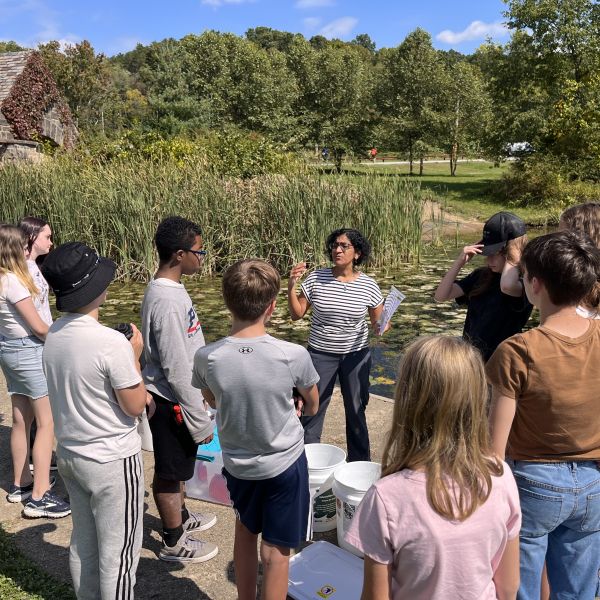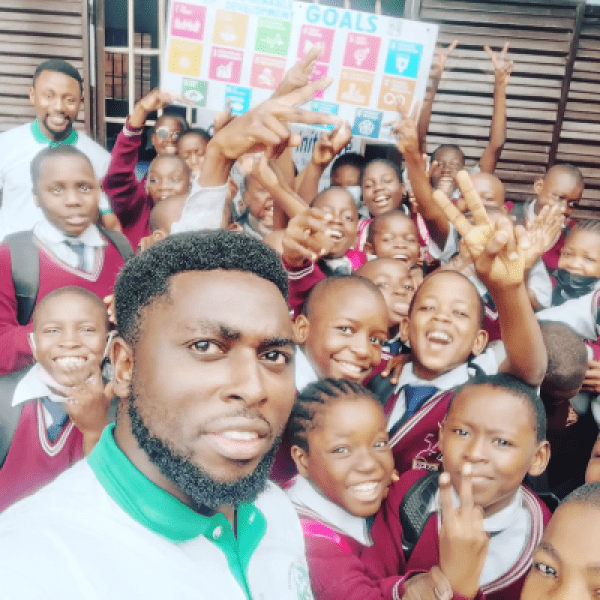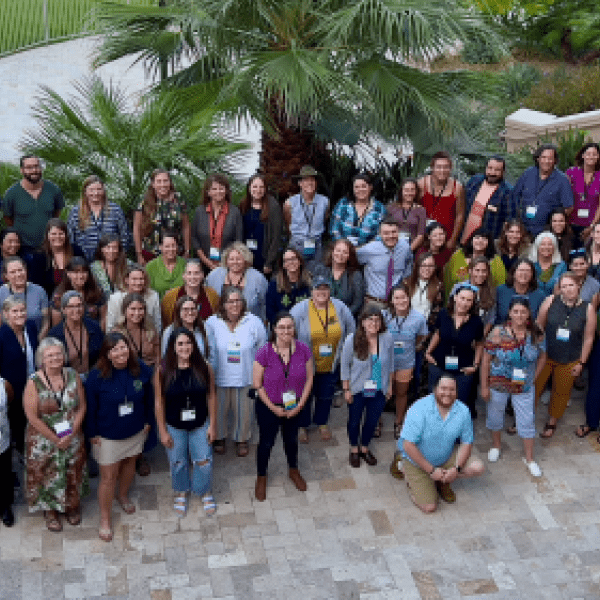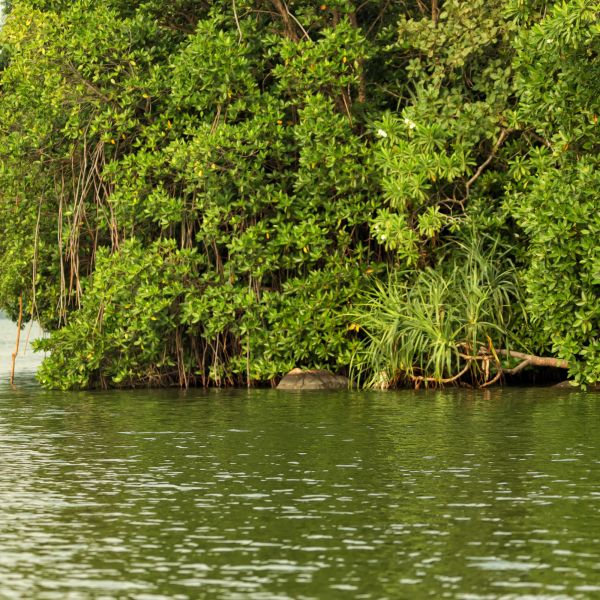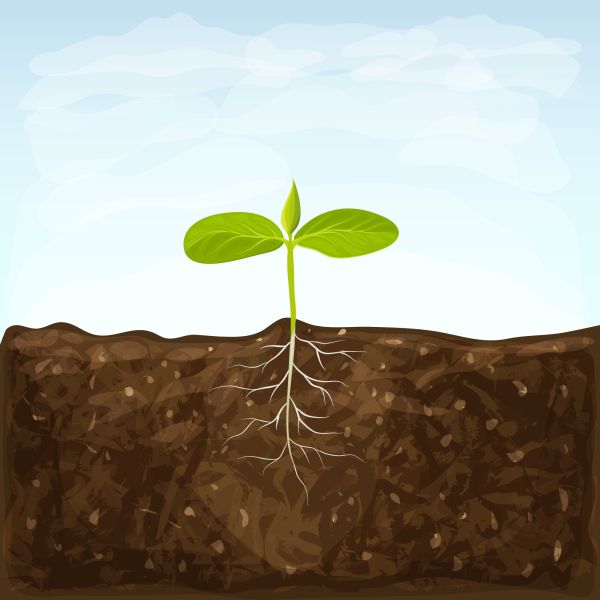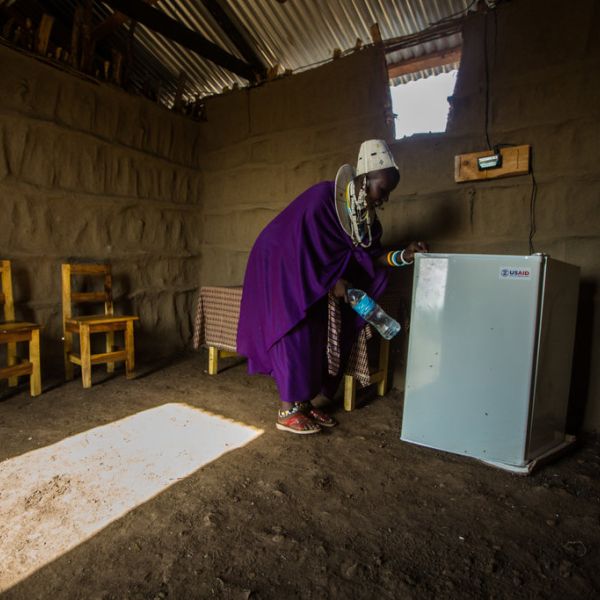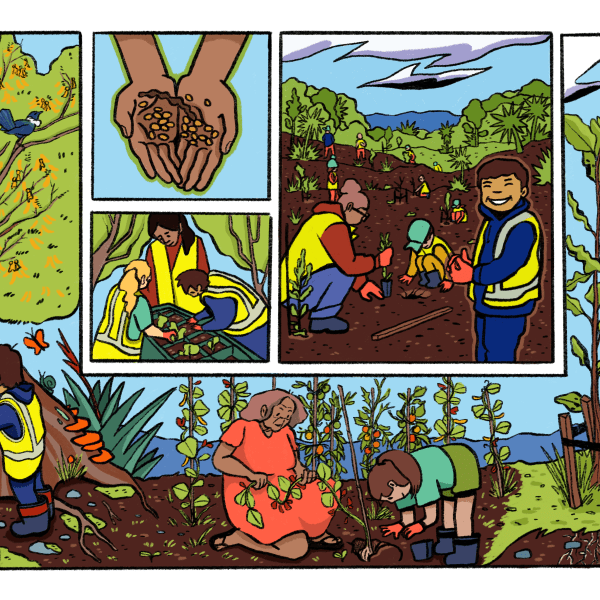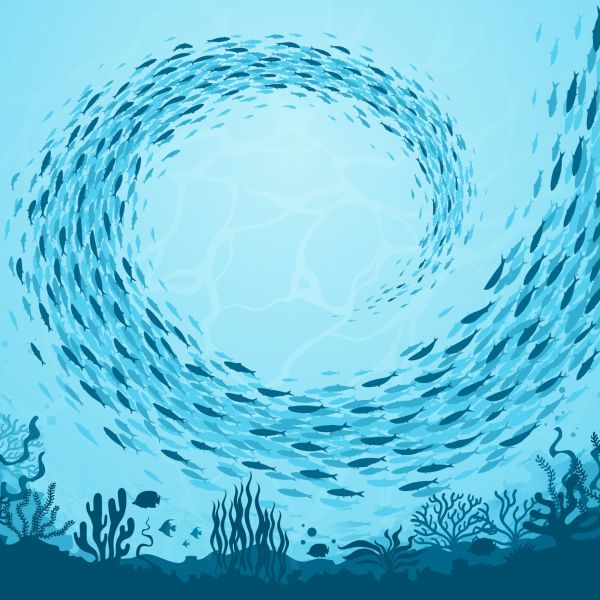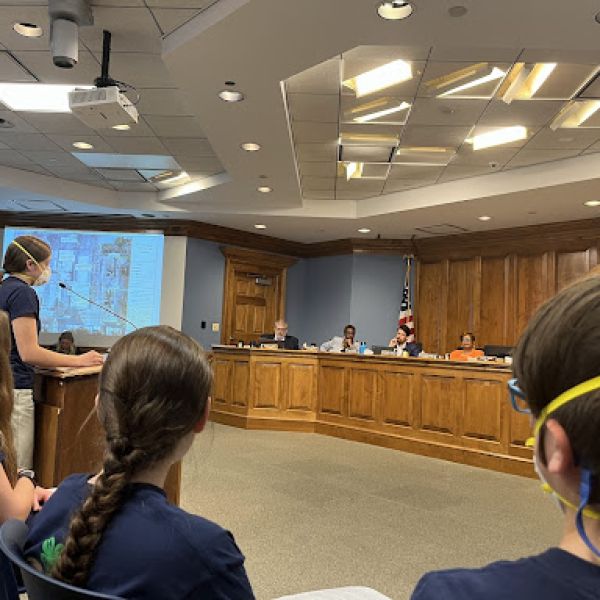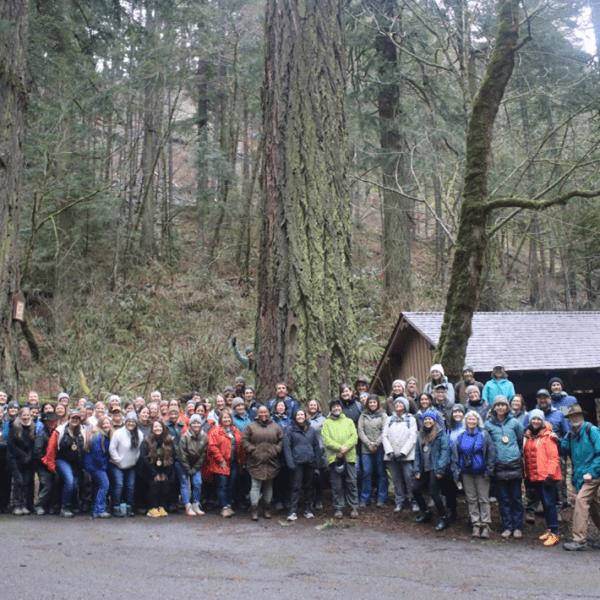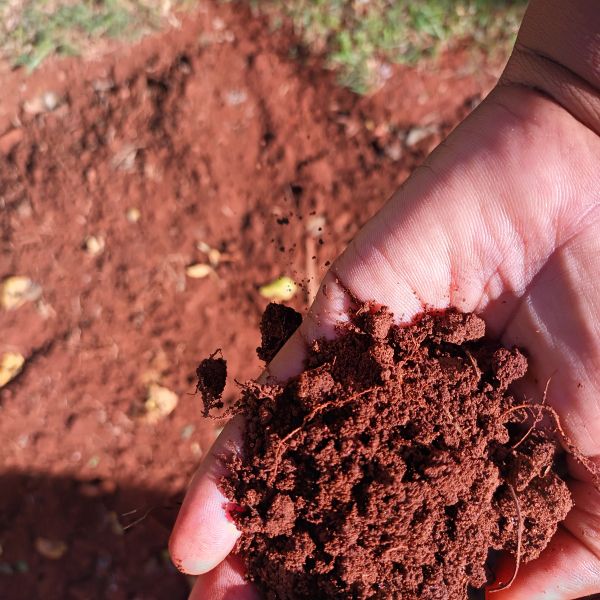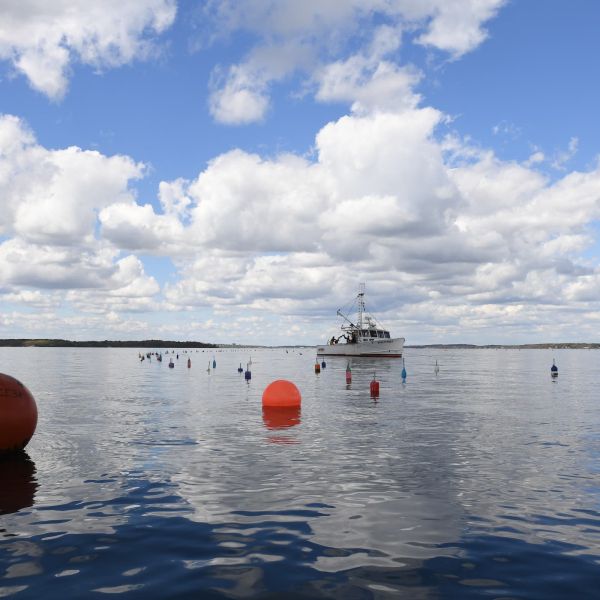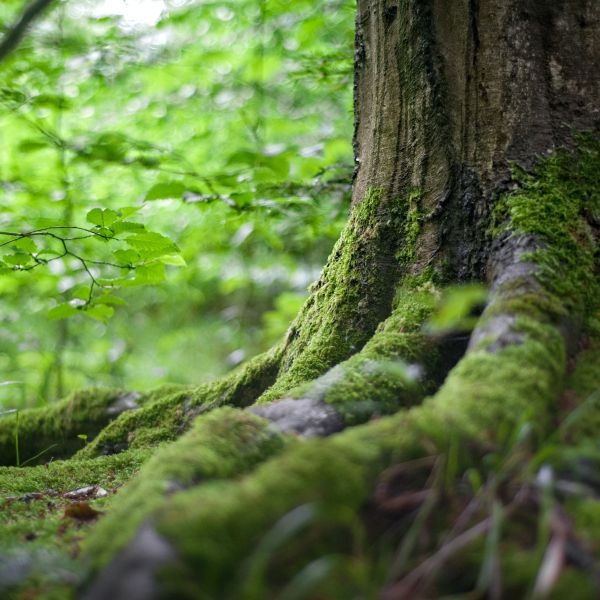
Blog

-
Made possible through the eeBLUE Aquaculture Literacy Mini-Grant, the Get Aquacultured! podcast dives into the systems, stories, and people behind modern aquaculture, served with saltwater charm.
-
What if your next seafood recipe came with the story of how it was grown? Supported by the eeBLUE Aquaculture Literacy Mini-Grants Program, Farmers MAI-Kit blends farm tours, cooking demos, and conversations with farmers into one tasty way to learn about aquaculture.
-
North Carolina Oyster Month is coming! From community storytelling to hands-on learning, aquaculture is equipping educators with the skills to lead in classrooms and in conversations across their communities. Read our latest in eeBLUE's Harvest Stories.
-
The South Carolina Aquarium Teen Conservation Crew is empowering high school students to tackle climate change through hands-on conservation and aquaculture education. Supported by the eeBLUE Aquaculture Literacy Mini-Grants Program, crewmates explored oyster farming’s ecological benefits firsthand…
-
From tide to table to trophies—students turned sablefish into success. In our latest Harvest Stories, dive into the full story to see how education and seafood flavor come together in one unforgettable project.
-
Martha's Vineyard Shellfish Group, Inc. connects youth with marine science through hands-on learning with support from an eeBLUE Aquaculture Literacy Mini-Grant. From shucking oysters to community programs, MVSG is cultivating the next generation of environmental stewards.
-
Step aboard with Saltwater Classroom and the Nauti Sisters as they team up to film a behind-the-scenes look at a Maine oyster farm. These videos will become part of Saltwater Classroom’s Online Ocean Literacy Platform, making aquaculture education more available than ever.
-
CEE-Change Fellow and Director of Education at Westport River Watershed Alliance, Kim Botelho, shares how the Fellowship shaped her career and approach to education. Her project introduced students to climate education, showing them how their actions, big or small, can impact the environment.
-
Working on climate change action can sometimes feel lonely. Read more about how the CEE-Change Fellowship helped Catherine connect with Fellows from across the world and build a community of support, encouragement, and ideas to CEE-Change Together.
-
For Maggie Beetstra, the CEE-Change Fellowship Leadership Institute illustrated the importance of truly listening to community members when working toward civic engagement and environmental action. Learn how she supported a collaborative network among Higher Education Colleges in the Lehigh Valley.
-
The National Wildlife Federation's RiSC Toolkit offers a roadmap for whole-community climate resilience. It bridges knowledge gaps by educating middle and high school students, teachers, and communities on climate science, impacts, justice, and local resiliency solutions.
-
Learn how CEE-Change Fellow Sarada Sangameswaran breaks climate change into manageable chunks through hands-on experiences so students can take climate action.
-
Learn how CEE-Change Fellow Harrison Ashangwa uses environmental education and civic engagement strategies to support young people across Cameroon on ways to address climate change in their communities.
-
This blog showcases the work from the NAAEE Affiliate Network and their work to build capacity for environmental education at the local level with funding from ee360+. The Affiliate capacity-building grants awarded 14 Bridge Building grants and Community Catalyst grants to Affiliates across the U.S…
-
Seven environmental initiatives from Africa, Latin America, the Mediterranean, and South Asia have been recognized by the World Restoration Flagship awards.
-
EE 30 Under 30 Awardee and eePRO Moderator Anoka Primrose Abeyrathne provides nature-inspired ways to build your career in EE.
-
In this newly revised post, EE 30 Under 30 Leader Mariam Kabamba discusses how climate change, hunger, and education converge and introduces four environmental educators working toward solutions.
-
In a glimpse into her journey, EE 30 Under 30 honoree Sian Crowley shares the inspiration behind her podcast and discusses exciting new collaborations in science illustration and communication.
-
Dive into the 5-year partnership between the NOAA Office of Education and NAAEE, and learn about the significant strides made in environmental literacy. Explore the objectives, outcomes, and lessons learned from this initiative.
-
4-H Leader Sarah Wolking and University of Florida (UF) master’s student Cayla Romano discuss a recent, successful youth-driven 4-H Community Action Projects for the Environment, or CAPE in Alachua County.
-
The ee360+ initiative serves as an effective catalyst for collaboration, centered on making the best of environmental education (EE) accessible for everyone. This blog highlights the collaboration of three national and long-standing environmental education nonprofits and ee360+ partners—Project…
-
Mariam Merry Kabamba and guest writer Wilmont Benkele dig into the issues hindering access to education and provide potential solutions.
-
In this Harvest Stories, Jesse Baines of Atlantic Sea Farms shares how a team of kelp farmers use education to positively impact coastal communities as climate change makes landfall and wild fisheries are disrupted in Maine.
-
Mahawa Komala is an environmental educator advocating for the sustainable use and management of community forests in Liberia.
